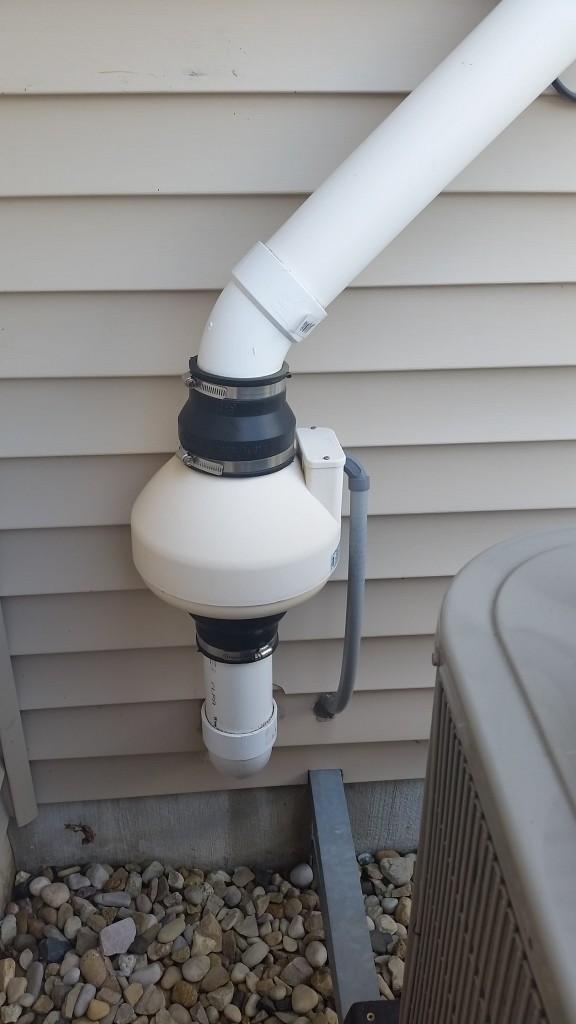How Radon Can Affect Your Home
In the last several years Radon testing has become more common when buying or selling a home, but many buyers and sellers don’t know anything about it. It sometimes catches a buyer off guard when we ask if they want a Radon testing contingency; or a seller maybe hesitant to accept an offer with a Radon contingency without knowing the ins and outs. Here’s a quick explanation of Radon and the effects of it on a real estate deal.
Radon is a radioactive gas that is formed from the decay of elements like Uranium that is found in soil and rock. You can’t smell or taste Radon and it is considered a carcinogen. According to the EPA about 20,000 lung cancer deaths every year are linked to Radon. Dane county falls into the EPA’s zone 1, which means there is a high likelihood of Radon gas. The crazy thing is, one home may test high, but the home right next door may test low.
That all sounds scary right? Well, don’t let it freak you out, Radon is usually fairly easy to deal with in a house. Radon is 8 times heavier than air, so its highest concentrations would be found in the lowest level of a property. Often people do not bother testing for or worrying about Radon if they don’t intend to use their basement for daily living. However, if a basement is finished and you have a bedroom down there, or you family watches TV every night in the basement family room, it may be a good idea to test for Radon.
If a buyer chooses to do a Radon test as part of their purchase contract, many home inspectors can do the test for around $150. They simply leave a sampling device in the basement for 48 hours. Once the test is complete the inspector will get the results and relay the info to the buyers and real estate agent. The EPA recommends mitigating Radon if levels exceed 4 picocuries per liter.
If a home needs mitigation, a buyer will often ask a seller to install a Radon mitigation system prior to following through with the purchase. Never fear, mitigation can typically be done for $500-$1300. An expert can seal up the basement and in install a fan that continuously exhaust air from below your basement slab. This solves the issue 99% of the time and then the buyer and seller can proceed toward closing.
If you already own a home and you are curious if you have a Radon issue in your house, you can buy a do it yourself test from any of the home improvement stores. The test kits usually cost around $30 and you let them sample for a week to several months. Then you mail the test to a lab who sends you the results. We are working on finishing our basement and recently did one of these tests. It did the job for provide us test results (which were under the EPA limit by the way), but it’s definitely a slower process than the home inspectors use and it wouldn’t be quick enough for a real estate transaction.
The bottom line is, Radon isn’t as scary as it sounds, and can be easily dealt with. Just be aware of what Radon is, where it may be, and how it can affect you. It’s not necessary to test for with real estate transactions, but it’s not a bad idea if you plan to spend a lot of time in the lower levels of your home.


 Back Home
Back Home












